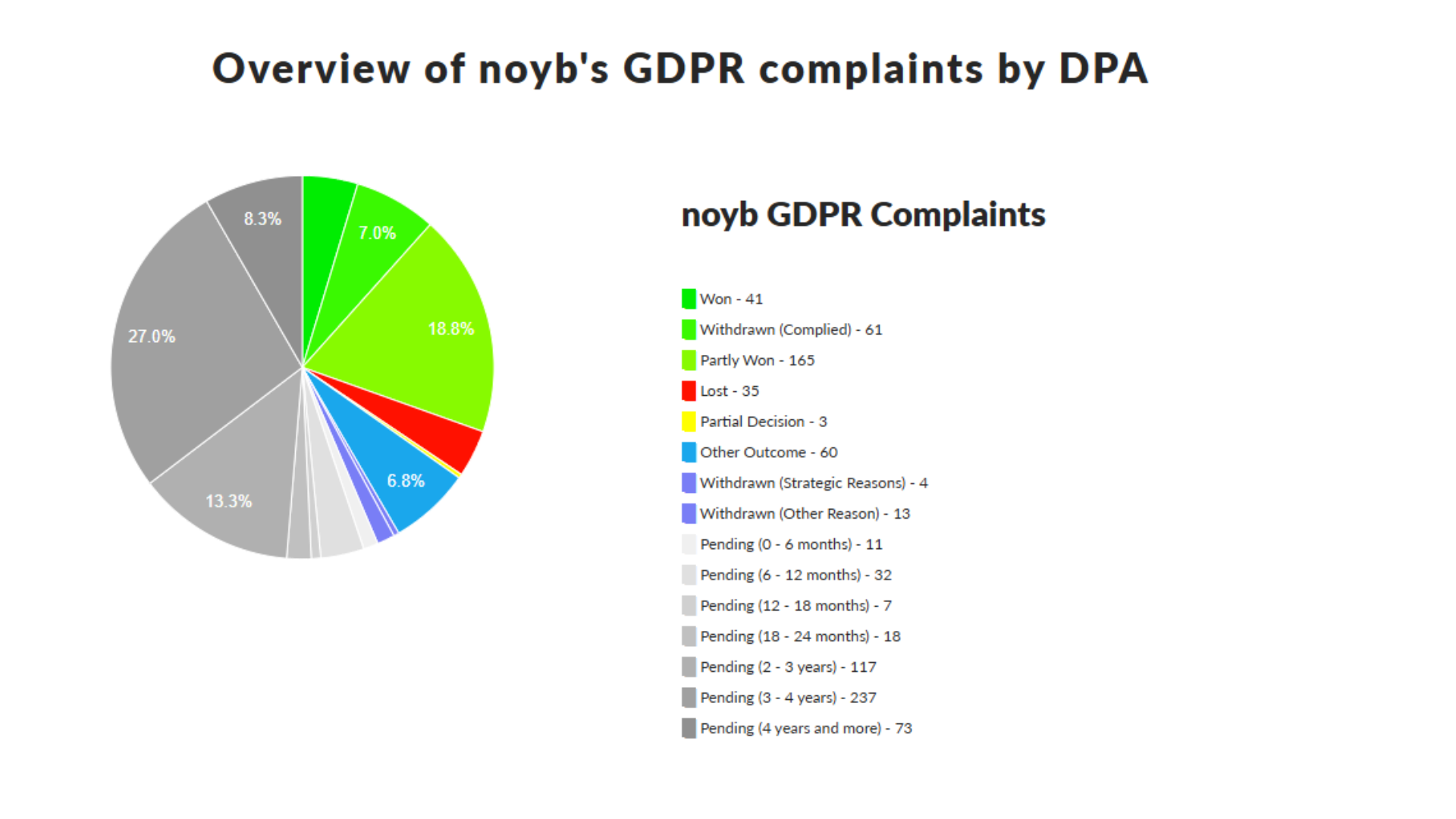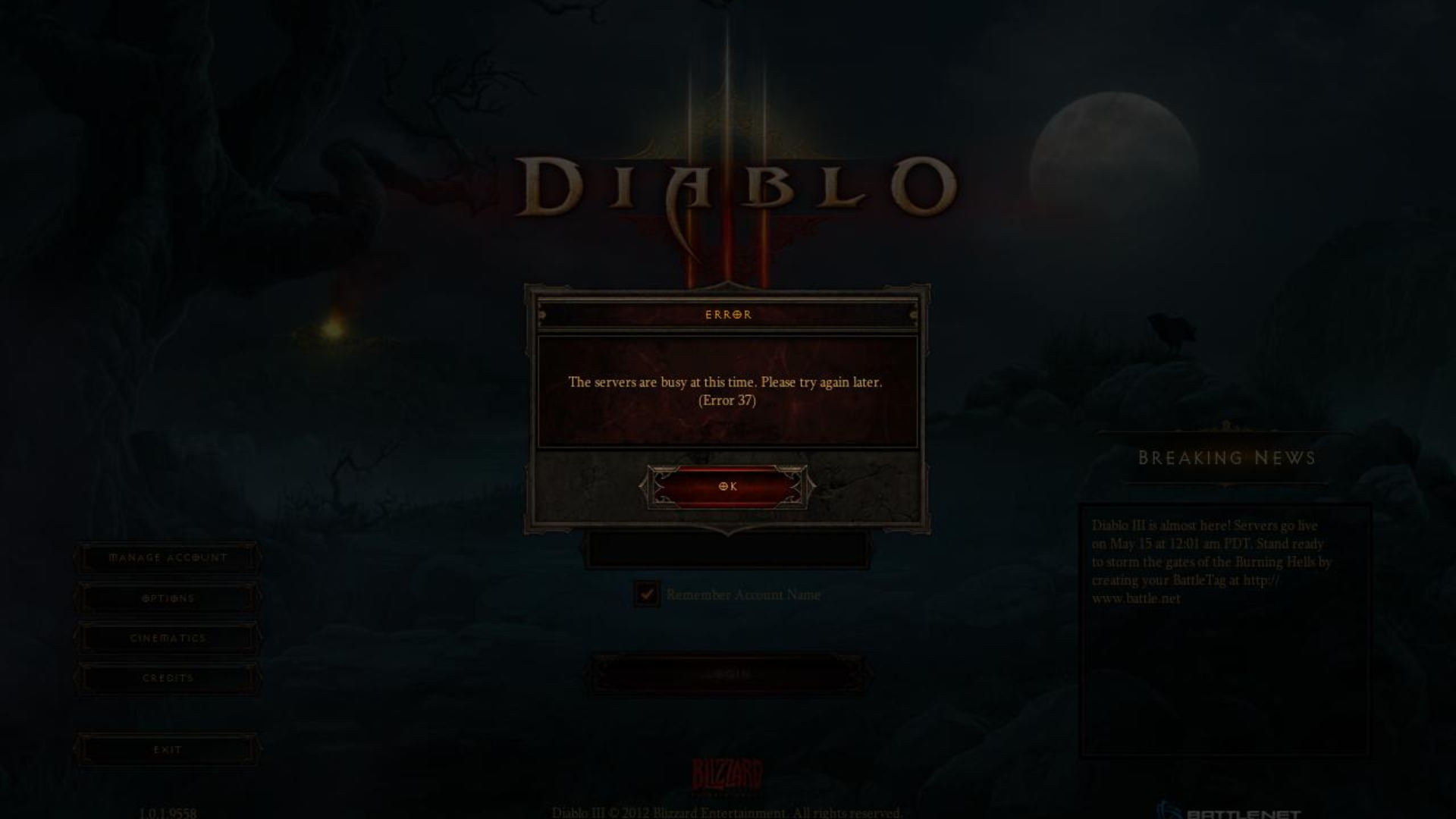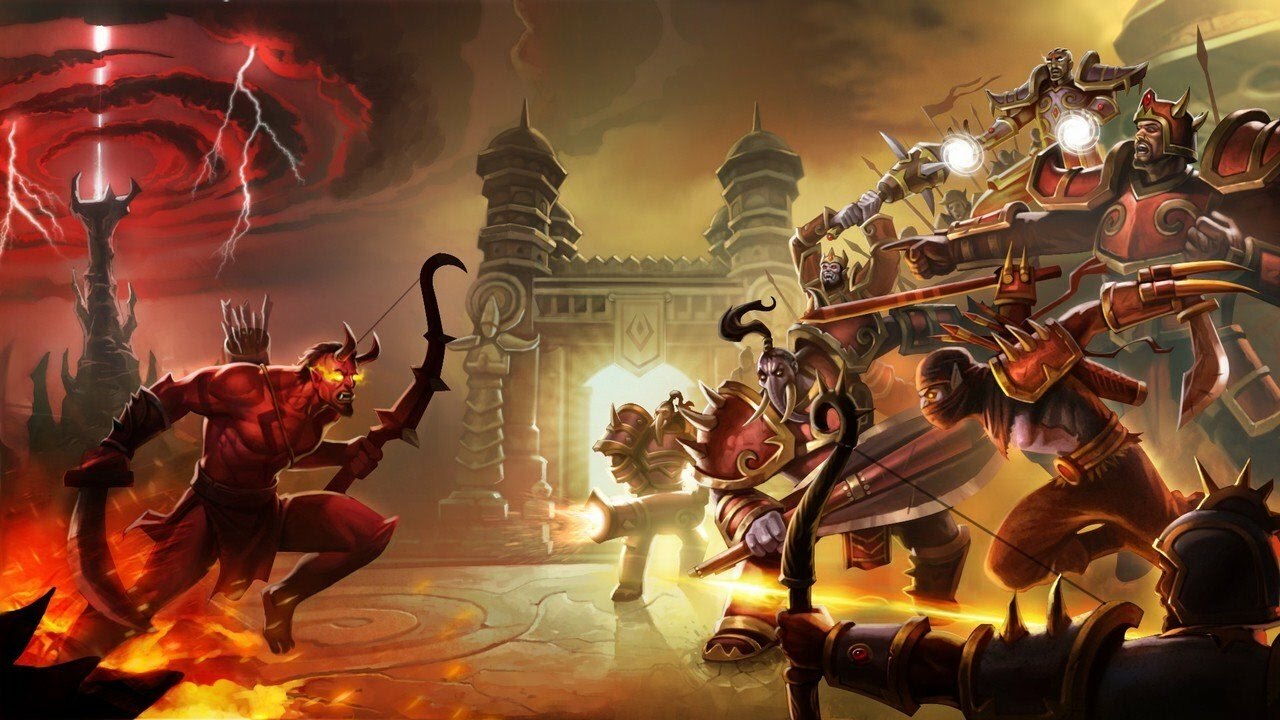Single-player games that require an internet connection have been criticized for quite some time. Now, one of them could result in a hefty fine for Ubisoft.

After a player requested user data from Ubisoft, Ubisoft is now facing a lawsuit worth millions. The reason for this is the processing of personal data and thus a violation of the GDPR.
How Did This Happen?
After a Far Cry Primal player requested the user data collected, the non-profit data protection organization NOYB (“None Of Your Business”) stepped in to file a complaint with the Austrian Data Protection Commissioner. It was reported that in 10 minutes of playtime, a connection to Ubisoft servers was established around 150 times. The data protection organization considers this to be secretly collecting data, as the start and end times and the duration of use are recorded. As always, they say that this connection is necessary to verify ownership of the game. And that's even if you bought the game through Steam. NOYB considers this double verification to be unnecessary.

All In The Fine Print
However, the European Union's General Data Protection Regulation (GDPR) states that personal data may only be collected if necessary. In the end user license agreement, however, you agree to “third-party analytics tools to collect information about your gameplay and the gameplay of other users, as well as your use of the product.” By agreeing to the privacy policy, which is required to play the game, you also allow Ubisoft to store your login and browser data. According to NOYB, this collection is unclear, and the online requirement is simply unnecessary. If NOYB wins the case, Ubisoft could face a fine of 92 million euros.

No Connection, No Games
Always-online games are often criticized because they require a constant internet connection, even for single-player modes. This means that players are unable to play the game they have purchased in the event of server outages or poor connections. This becomes particularly problematic when servers are permanently shut down, rendering the game unplayable, as was the case with Ubisoft's The Crew. Another criticism is that buyers don't really “own” the game, but only have access to it as long as the servers are running. Data protection concerns and a lack of offline flexibility are also issues. This is an additional problem if you buy single-player games for handheld gaming devices and can't maintain an internet connection while traveling.

Gamers Rise!
A few examples show just how much the gaming community can achieve: You may remember “Error 37,” which prevented players from logging into Diablo 3 when it was first released. SimCity (2013) was unplayable for days due to server problems. Bethesda's Redfall was heavily criticized because even the single-player mode required an internet connection. In all these cases, an outcry from the community led to the addition of an offline mode. Nevertheless, single-player games with online requirements continue to appear, as demonstrated by the remake of Tony Hawk's Pro Skater on Steam.

What do you think about always-online services? Are you fed up with it, or does it not bother you at all?




























